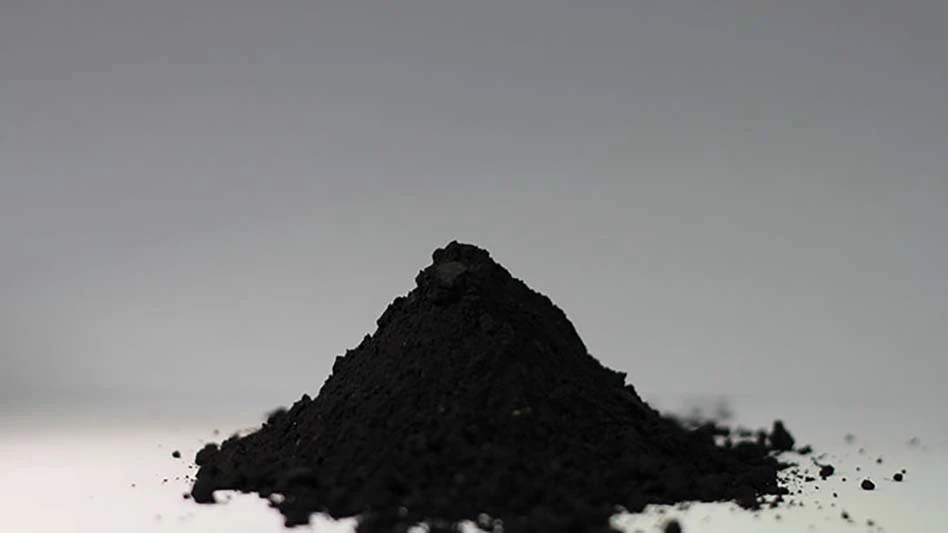Fort Washington, Pennsylvania-based Thermostat Recycling Corp.’s (TRC’s) Executive Director Ryan Kiscaden offered public comments to a recent draft release of Philadelphia's vision of future energy usage.
On page 30 of the report, titled "Power Our Future: A Clean Energy Vision for Philadelphia," Kiscaden drew attention to the suggestion that people should purchase a programmable thermostat, the standard for today's residential and business markets. His concern is that the report might have unintentionally targeted mercury-filled thermostats. In the wake of a purchase for a programmable unit, the replaced thermostat, if mercury filled, could lead to its improper disposable.
"After reviewing the report, which made a commendable effort to offer a grand vision for Philadelphia's energy future, I wanted to ensure drafters of the report that it was important to inform the public of the need to safely recycle the replacement of mercury-filled thermostats because they are a well-known environmental health hazard," he says.
Kiscaden urged the report's drafters to be aware of legislation regarding this issue, including the federal Resource Conservation Recovery Act and the Pennsylvania State Legislation Mercury-free Thermostat Act. Both address the proper disposal and recycling of mercury-filled thermostats.
"Because the report urged public comment, as an organization dedicated to environmental stewardship, I felt it is incumbent upon us to offer TRC's perspective and its efforts to ensure that the everyone follows the appropriate protocols for the disposal and recycling efforts of mercury thermostats," Kiscaden says.
TRC is a nonprofit that has recovered more than 2.1 million thermostats and 10 tons of mercury since 1998. TRC bins are located throughout 48 states in the U.S and collected mercury-filled thermostats from HVAC wholesalers and contractors, waste collection sites and thermostat retailers, primarily.
The authors of the report say it is a public draft and they would incorporate feedback into a final report. Interested parties can offer feedback at www.phila.gov/green or sustainability@phila.gov.
“An appropriate protocol would be to develop and enforce standards related to environmental compliance and use of the TRC program directly, or by validating when thermostats are recycled properly at an existing collection point,” Kidscaden says.
Get curated news on YOUR industry.
Enter your email to receive our newsletters.
Latest from Recycling Today
- LME reports active Q2
- Liberty Steel assets facing financing deadlines
- Sims is part of Australian recycling loop
- Tariffs target steel exporters Brazil, Canada and South Korea
- Buy Scrap Software to showcase its software at Scrap Expo in September
- LG details recycling activities
- Algoma EAF is up and running
- Toyota-Tsusho completes acquisition of Radius Recycling






